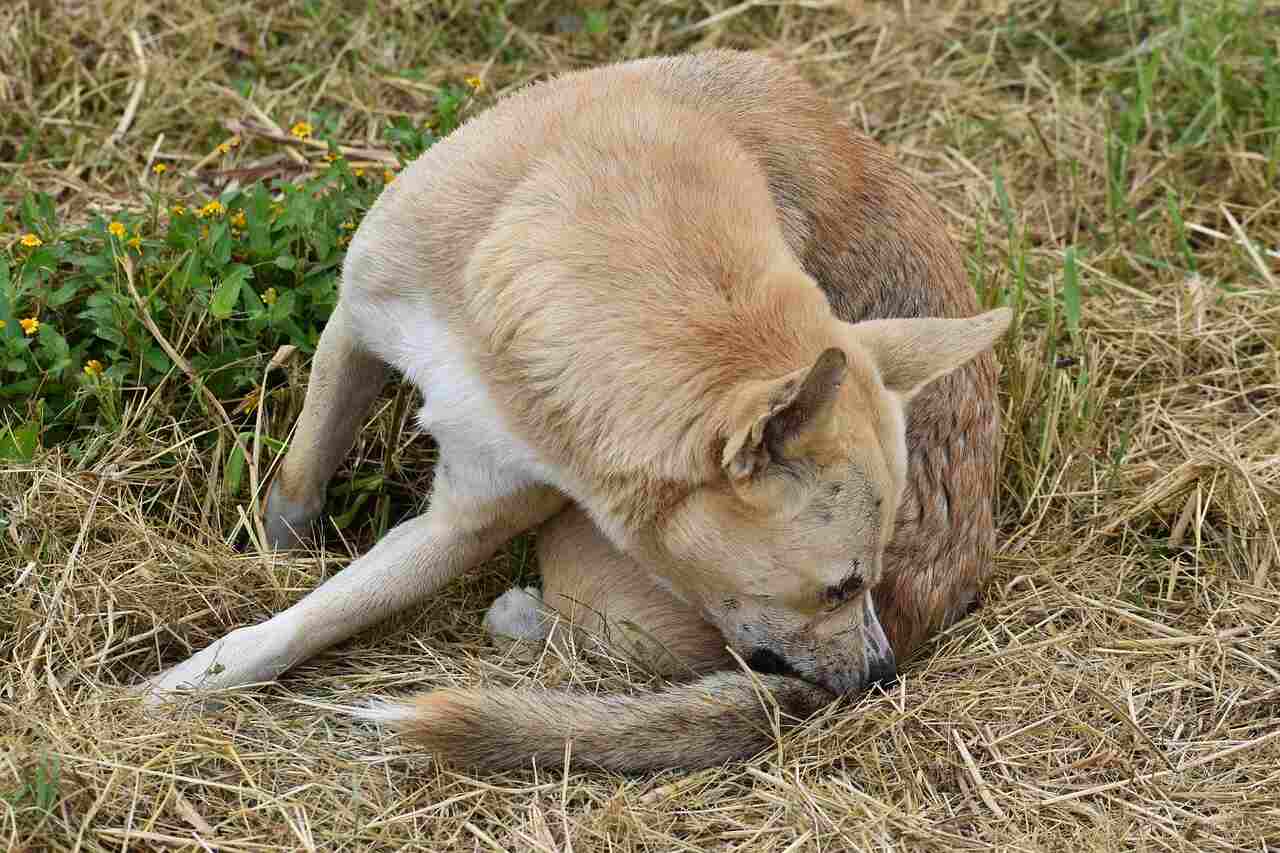Last Days of Dog with Kidney Failure: What to Expect & How to Provide Comfort
Kidney failure in dogs is a heartbreaking diagnosis, especially when your beloved companion enters their final days. Whether caused by age, genetics, or underlying health conditions, kidney failure can severely affect your dog’s quality of life. This article is designed to help pet parents understand the final stages, recognize important signs, and provide the most comfort possible during their dog’s last moments.
Understanding Kidney Failure in Dogs
Kidney failure, or renal failure, occurs when the kidneys lose their ability to filter waste and maintain fluid and electrolyte balance. This condition can be either acute (sudden onset) or chronic (gradually progressing over time). In the final stages, toxins build up in the blood, affecting multiple body systems. Dogs with chronic kidney disease (CKD) may live with the condition for months or even years, but eventually, the disease progresses to a point where the kidneys can no longer support life. Understanding the nature of kidney failure helps pet owners prepare emotionally and practically for the final days.
Signs of the Final Stage of Kidney Failure in Dogs
During the last days of a dog with kidney failure, several clear symptoms indicate the body is shutting down. Common signs include complete loss of appetite, extreme weakness or fatigue, and frequent vomiting or diarrhea. Bad breath with a strong ammonia smell, known as uremic breath, is another telltale symptom. Dogs may also experience incontinence and become disoriented or confused. Seizures or muscle tremors can occur in more advanced stages. These symptoms signify that the kidneys are no longer functioning properly, and the body is overwhelmed by toxins. Recognizing these signs helps determine how to best support your dog and when to contact your vet.
How to Comfort a Dog in Their Final Days
Providing comfort during your dog’s final days is one of the most loving things you can do. Focus on creating a peaceful, quiet environment where your dog can rest without stress. Soft bedding, minimal noise, and a warm space are essential. Administer any prescribed pain medications or anti-nausea treatments to ease discomfort. Offer small amounts of easily digestible food and water, if your dog is willing to eat or drink. Gentle grooming and soft strokes help maintain a physical connection, and simply sitting beside them can bring them great comfort. Every moment you spend with them counts, even if it’s in silence.
How to Comfort a Dog in Their Final Days
Providing comfort during your dog’s final days is one of the most loving things you can do. Focus on creating a peaceful, quiet environment where your dog can rest without stress. Soft bedding, minimal noise, and a warm space are essential. Administer any prescribed pain medications or anti-nausea treatments to ease discomfort. Offer small amounts of easily digestible food and water, if your dog is willing to eat or drink. Gentle grooming and soft strokes help maintain a physical connection, and simply sitting beside them can bring them great comfort. Every moment you spend with them counts, even if it’s in silence.
Veterinary Support & When to Consider Euthanasia
In the final stages of kidney failure, regular communication with your veterinarian is vital. Your vet can assess your dog’s comfort levels and help manage symptoms with medications or subcutaneous fluids. One of the hardest decisions a pet owner may face is choosing euthanasia to prevent unnecessary suffering. If your dog is no longer responsive, refuses food and water, or appears to be in pain despite treatment, it may be time to consider a peaceful and humane goodbye. Some pet parents opt for in-home euthanasia, which allows their dog to pass in a familiar and comforting space. It’s a deeply personal decision, guided by love.
Coping with Grief and Loss
Losing a dog is like losing a member of the family. The grief that follows can be intense and long-lasting. Allow yourself to mourn and acknowledge your emotions. There’s no right or wrong way to grieve. Support groups, pet loss counselors, and talking to fellow pet lovers can be incredibly healing. You might also find comfort in creating a memorial, like a photo album or keepsake box, or writing a letter to your dog. Remember that your dog felt your love until the very end, and the comfort you gave them in their final days was the greatest gift you could offer.
Conclusion
The last days of a dog with kidney failure are filled with deep emotion, but also the opportunity to show unconditional love. By recognizing signs, staying in close contact with your vet, and providing compassionate care, you ensure your dog’s final chapter is peaceful and dignified. While the goodbye is painful, your loyalty and presence bring comfort that words cannot express. Hold on to the memories, and know that your dog felt safe, loved, and cherished every step of the way.
Are dogs in kidney failure in pain?
Yes, dogs in the final stages of kidney failure can experience pain and discomfort due to toxin buildup, nausea, ulcers, and dehydration. Symptoms like vomiting, weakness, and seizures may indicate suffering. However, with proper veterinary care, including medications and supportive treatments, their discomfort can often be managed to help maintain dignity in their final days.
What happens in the final stage of kidney failure in dogs?
In the final stage of kidney failure, a dog’s kidneys can no longer filter waste from the blood. This leads to severe symptoms like vomiting, loss of appetite, lethargy, bad breath, dehydration, and confusion. The dog may stop eating or drinking and become very weak. Without treatment, organ failure progresses, often leading to death or the need for humane euthanasia.




